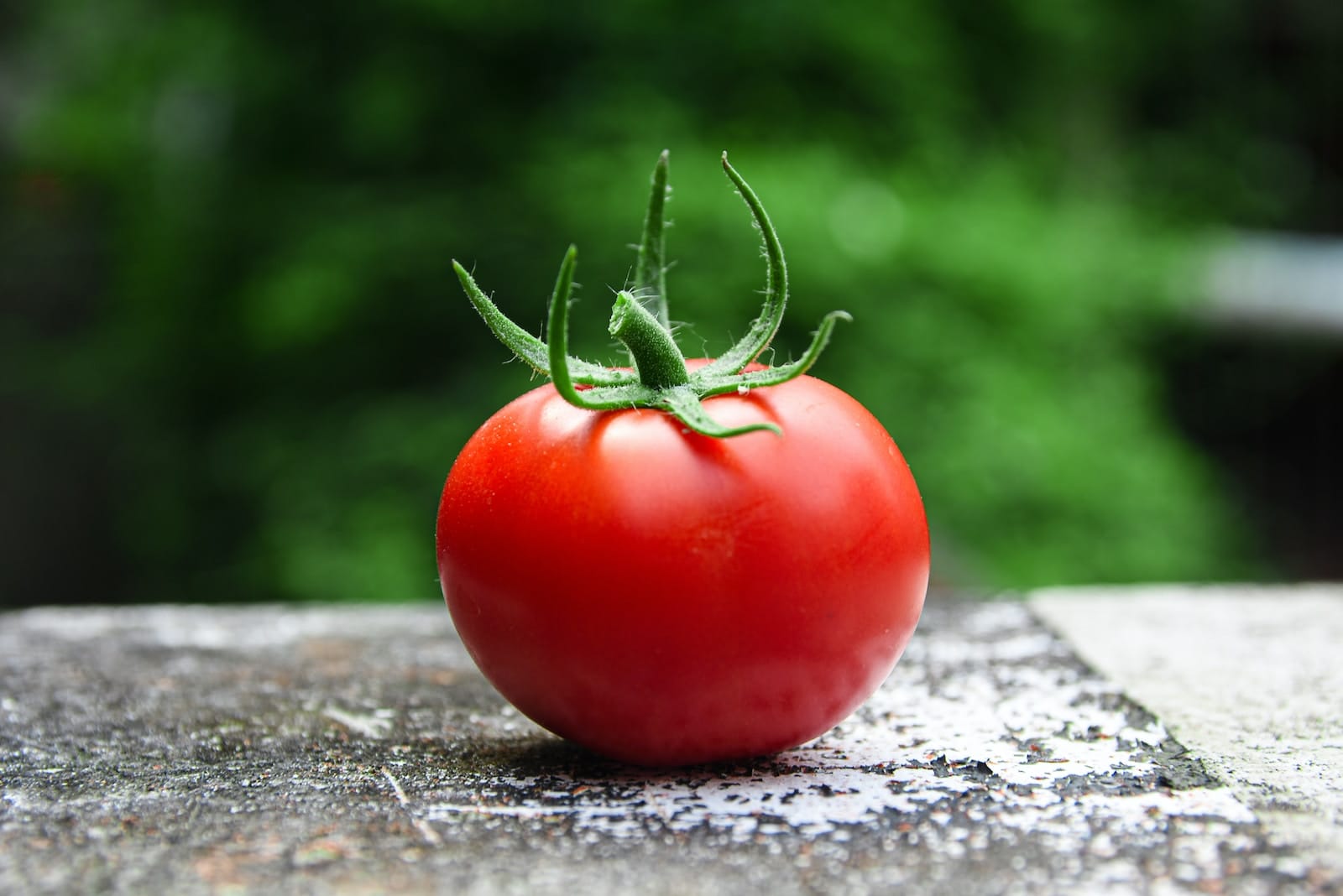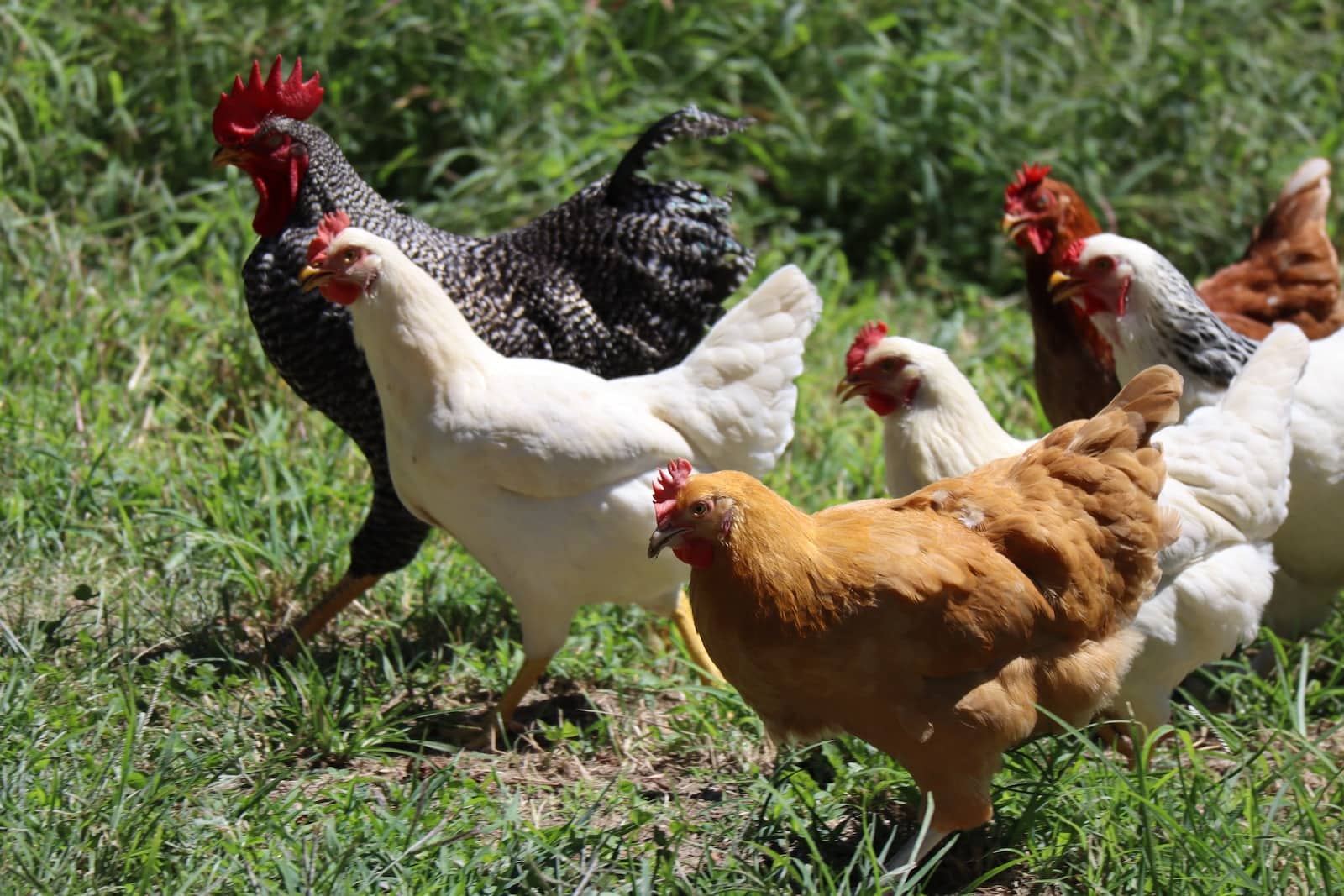I often find myself wondering what I can and cannot feed my feathered friends. One question that frequently comes up is whether or not chickens can eat tomatoes. The short answer is yes, chickens can eat tomatoes, but there are a few things to keep in mind.
Tomatoes are a great source of vitamins and minerals for chickens, including vitamin C, potassium, and lycopene. However, it’s important to note that the leaves and stems of the tomato plant are toxic to chickens and should not be fed to them. Additionally, while ripe tomatoes are safe for chickens to eat, unripe tomatoes and green tomatoes contain solanine, a toxic substance that can be harmful to chickens in large quantities. So, while chickens can enjoy the occasional ripe tomato as a treat, it’s best to avoid feeding them unripe or green tomatoes.
Can Chickens Eat Tomatoes
As a backyard chicken owner, I often wonder what types of food I can safely give my flock. One question that I’ve had is whether or not chickens can eat tomatoes. After doing some research, I’ve found that the answer is yes, chickens can eat tomatoes!
Tomatoes are a great source of vitamins and minerals, including vitamin C, potassium, and vitamin K. They also contain fiber and antioxidants, which can be beneficial for a chicken’s overall health. However, it’s important to note that tomatoes should be given to chickens in moderation and as a treat, rather than as a staple food.
When feeding chickens tomatoes, it’s important to only give them ripe red tomatoes. Unripe tomatoes and green tomatoes contain solanine, which can be toxic to birds. Additionally, the seeds of tomatoes should be removed before feeding them to chickens, as they can cause digestive issues.
Overall, while tomatoes can be a healthy and nutritious treat for chickens, it’s important to remember to feed them in moderation and to only give them ripe red tomatoes. By doing so, you can provide your flock with some extra nutrients and health benefits without risking their health.

Potential Risks and Precautions
As I mentioned earlier, tomatoes are generally safe for chickens to eat. However, there are a few potential risks that chicken owners should be aware of.
One of the main concerns is the presence of solanine, a toxic chemical found in nightshade plants. While solanine is primarily found in the leaves and stems of the tomato plant, it can also be present in unripe or green tomatoes. If your chickens consume too much solanine, they may experience gastrointestinal upset or neurological issues.
Another risk is the presence of mold on tomatoes. Moldy tomatoes can contain mycotoxins, which can cause lethargy and other health problems in chickens. It’s important to always inspect your tomatoes before feeding them to your chickens and discard any that are moldy.
In addition, some chickens may be sensitive to the lectins found in the nightshade family. Lectins are a type of protein that can cause gastrointestinal upset and other issues in some animals.
To minimize these risks, it’s important to take a few precautions when feeding tomatoes to your chickens. Here are some tips:
- Only feed ripe, red tomatoes to your chickens. Avoid feeding them green tomatoes or tomato leaves and stems.
- Inspect your tomatoes carefully for signs of mold or other damage before feeding them to your chickens.
- If you have concerns about your chickens’ sensitivity to lectins or other chemicals in tomatoes, start by feeding them small amounts and monitor their reactions closely.
- Consider fencing off your tomato plants to prevent your chickens from eating them directly. This can help minimize the risk of accidental ingestion of toxic parts of the plant.
By following these precautions, you can safely feed your chickens tomatoes as a healthy and nutritious treat.

Healthy Alternatives to Tomatoes for Chickens
As a chicken owner, I understand that it can be tempting to feed your flock all kinds of treats, but it’s important to ensure that they are getting a balanced diet. While tomatoes are safe for chickens to eat in moderation, it’s always good to have some healthy alternatives on hand.
One great option is carrots. Not only are they packed with vitamins and minerals like magnesium, iron, and phosphorus, but they’re also a great source of folate. Plus, chickens love the sweet taste and crunchy texture.
Cucumbers are another healthy snack option for chickens. They’re low in calories and high in water, making them a great way to keep your chickens hydrated. Plus, they contain antioxidants that can help reduce inflammation and support a healthy immune system.
If you have a garden, consider planting some broccoli or kale. Both of these cruciferous vegetables are packed with nutrients and can be a great addition to your chicken’s diet. Just be sure to chop them up into small pieces before feeding them to your chickens.
Celery and cabbage are also great options for chickens. They’re low in calories and high in fiber, making them a great way to keep your chickens feeling full and satisfied. Plus, they’re a good source of carbohydrates, which can provide your chickens with energy.
For a protein-packed snack, try offering your chickens some cottage cheese. It’s a great source of calcium and can help support healthy egg quality.
Finally, don’t forget the importance of water. Make sure your chickens have access to clean, fresh water at all times, whether through a waterer or natural sources like rain. A hydrated chicken is a healthy chicken.
By incorporating these healthy alternatives into your chicken’s diet, you can help ensure that they are getting the nutrients they need to stay healthy and happy.
Conclusion
In conclusion, chickens can eat tomatoes in moderation. Tomatoes are a good source of vitamins and minerals, but they also contain solanine, which can be harmful to chickens if consumed in large quantities.
It is important to note that tomatoes should never be the main part of a chicken’s diet. Instead, they should be given as a treat or supplement to their regular feed. Additionally, it is recommended to remove the stems and leaves of the tomato before feeding it to your chickens, as these parts contain the highest concentration of solanine.
Overall, while it is safe for chickens to eat tomatoes in moderation, it is important to provide them with a balanced diet that includes a variety of foods. By doing so, you can ensure that your chickens stay healthy and happy.

